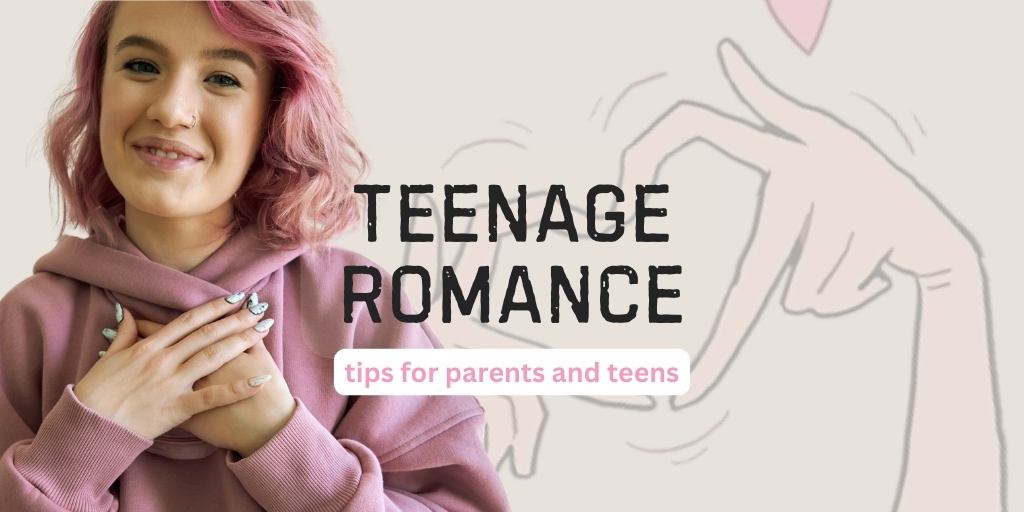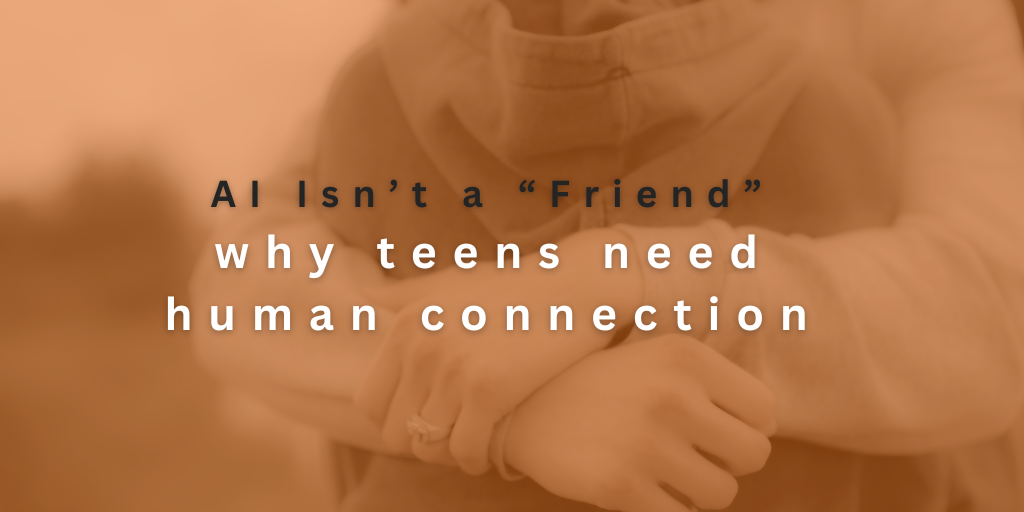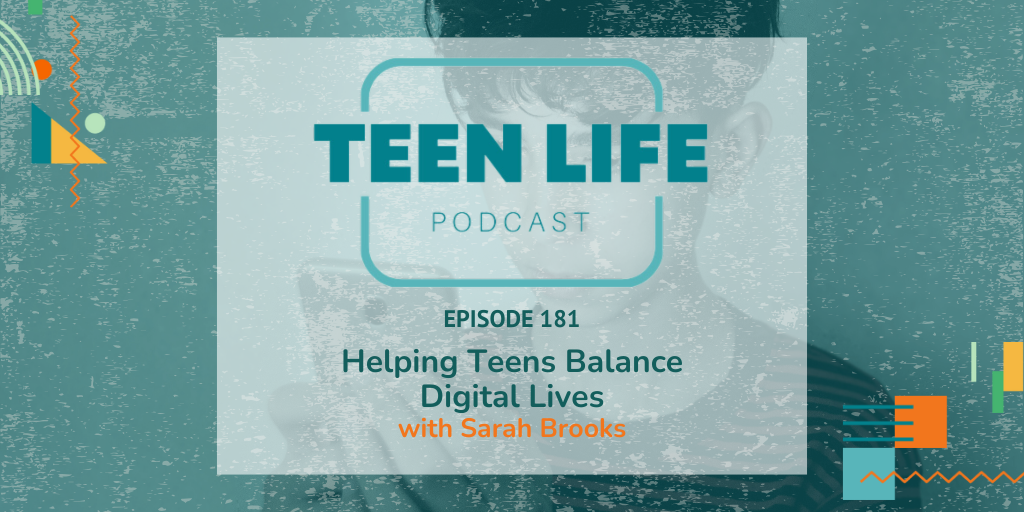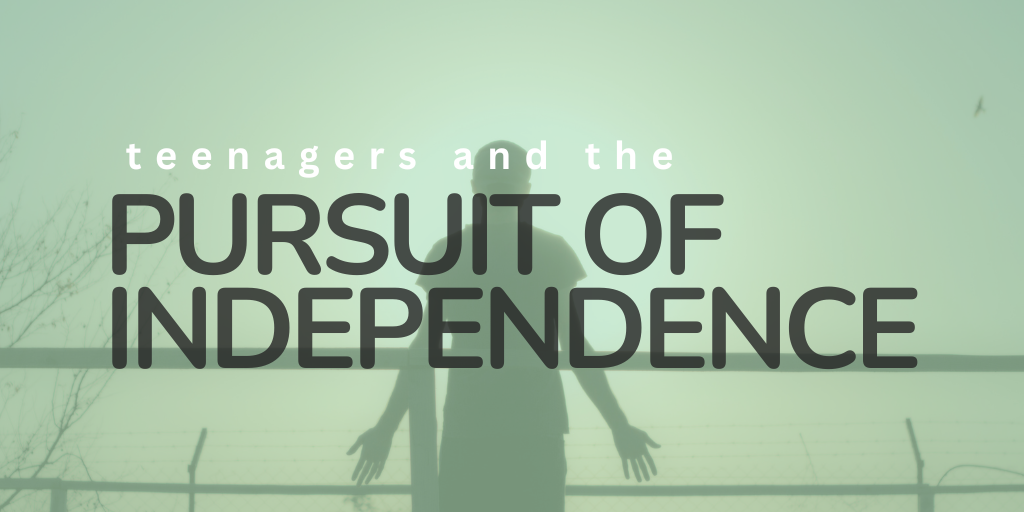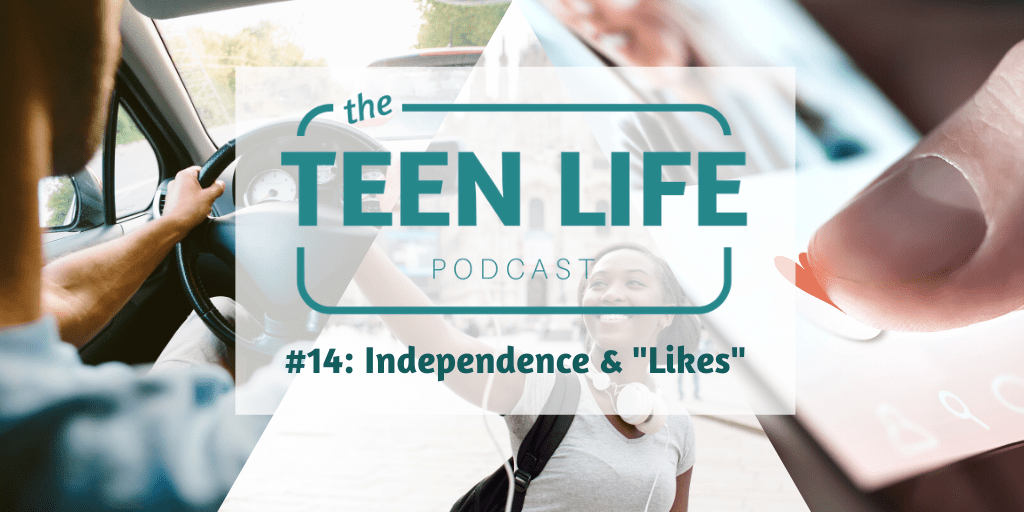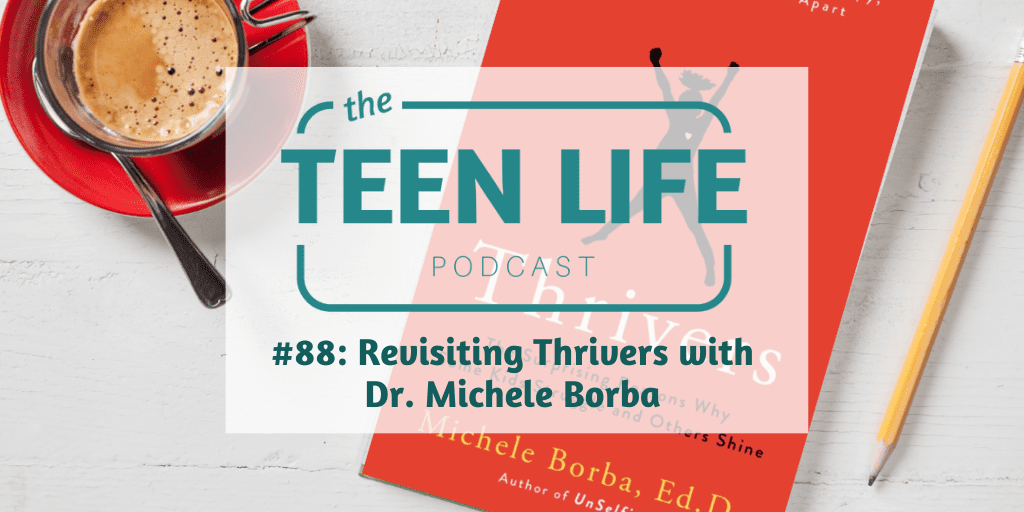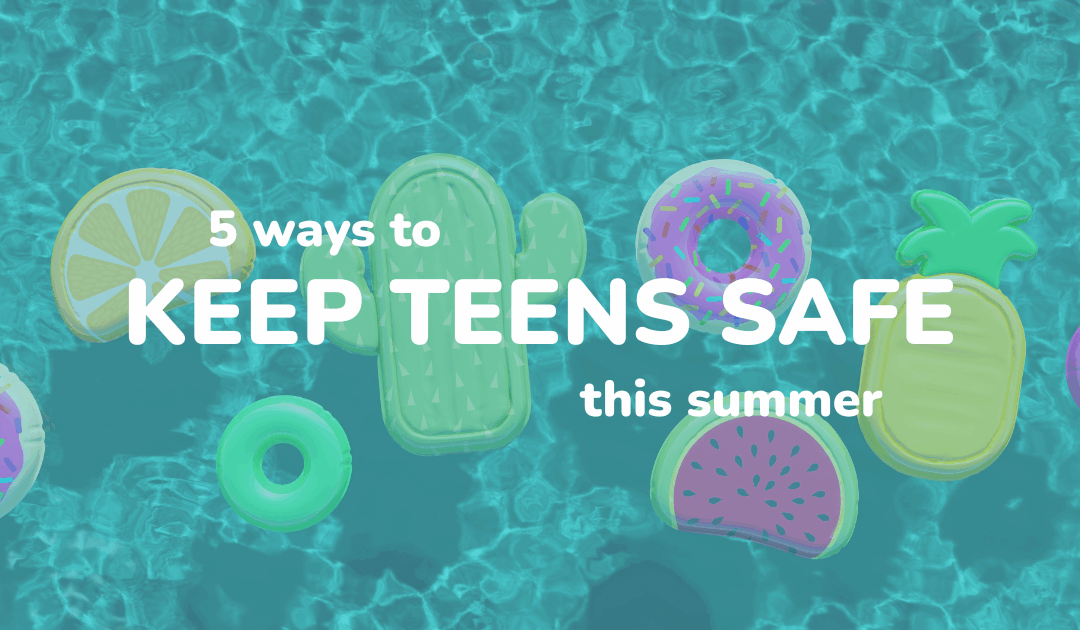
Why Teen Relationships Feel So Intense
Why Teen Relationships Feel So Intense–And How Adults Can Help
Have you ever talked to a teen about relationships and thought, “Why does this sound like it’s the end of the world?”
Or maybe you have dismissed teen worries with, “It’s just a crush!” or “They’ll forget about it in a week or two.”
But for teenagers, relationships aren’t “just” anything. It is not “just” a crush – it is their first crush! It isn’t “just” a fight between friends — it is the first time they have been betrayed by someone they trust. As adults, it’s easy to forget that relationships at this age are often the first time teens experience closeness, rejection, loyalty, or heartbreak.
Teen relationships feel intense not because teens are dramatic, but because their brains, bodies, and experiences are all in brand-new territory — and adults play a huge role in whether that intensity leads to growth or harm.
Everything feels new, and new things feel big.
Let’s do a little exercise. Pick a couple of things from this list and think about the first time you…
- Had a crush that wasn’t returned
- Interviewed for a job that you really wanted
- Confided in a friend who didn’t keep your secret
- Told someone you loved them (romantically)
- Went on a date
- Got invited to the cool party
If you’re like me, several of these situations easily come to mind!
And while I can still remember the general feelings I had, they are tinted by what I know now. As adults, we all have a backlog of experiences and the knowledge that things will get better, and a broken heart really isn’t the end of the world. Teenagers (who mostly live in the here and now) are facing these experiences without that perspective.
Intensity does not mean immaturity…it reflects inexperience.
You have heard us say it again and again, but teenagers’ brains are still under construction. Their ability to think critically, control impulses, regulate emotions, and think long-term are still developing. However, their emotional centers are fully online and highly sensitive.
Translation: Feelings come fast and loud; perspective comes later.
Remember that the next time a text left on “read” causes a meltdown, a friendship conflict feels like a complete rejection, or a breakup causes an identity crisis.
Because at this age, relationships are a big part of what forms identity.
Teenagers aren’t just dating or making friends — they’re figuring out who they are and how much they’re valued.
Relationships help teenagers answer the questions:
- Am I likeable?
- Will I be chosen?
- Do I matter to someone?
Friendships and dating relationships often reflect a teen’s self-worth. When they are going well, you will see a boost in confidence. When there is a rejection or conflict, you might see them start to question their value.
This can be worrisome for those of us who know how temporary teen relationships can be, but when it feels like their whole world, “just move on” will rarely get the reaction you hope for.
Friendships count just as much (maybe more) in this context.
Romantic relationships get a lot of attention, but friendships carry just as much emotional weight. For many teens, friendships are their primary support system, the reason they show up to school, and where secrets are shared.
And let’s not forget that friendship “break-ups” can be just as painful (and often more confusing) than romantic relationships. Especially now — with social media, group texts, and location sharing—social dynamics can make everything feel more public and inescapable.
So…what do teens actually need from adults?
First, let’s take some pressure off.
Teens don’t need you to fix everything. They need present adults who are willing to listen and walk with them through their relational ups and downs.
Here are several ways adults can support teen relationships (without making it worse):
1. Take their feelings seriously.
Validating teens’ feelings does not mean that you are validating every choice.
Even if you wouldn’t date that person or you think that friend is a jerk, it is important to let them know that you see them and that their emotions are valid.
2. Be curious, not corrective.
In case you haven’t noticed, teens tend to shut down when they are lectured, but curiosity communicates safety and creates trust!
When you want to jump in with advice, pause, get curious, and try an open-ended question like:
“What do you like about being around them?”
“How did that make you feel?”
“What do you wish had gone differently?”
“What do you think you needed in that moment?”
3. Help them pause and name what they are experiencing.
Often, teens feel overwhelmed because they lack the emotional language to name what they are feeling.
Adults can gently help them label:
- Disappointment vs. Rejection
- Conflict vs. Disrespect
- Attraction vs. Pressure
Naming feelings reduces their power. It gives more perspective and often their true feelings at the core are not what they would have named at the start. Naming also forces teens to slow down and take an internal inventory. This gives them a chance to calm down before decisions are made out of emotion or hurt.
Let’s be honest, they will regret that spur-of-the-moment text or passive-aggressive post 9 out of 10 times.
5. Stay present after the relationship ends.
Teens will learn more from what they see than what they hear. They are watching your friendships, romantic relationships, and especially the way you handle conflict or disappointment.
Make a conscious effort to make sure they see you:
- Apologizing quickly and well
- Setting healthy boundaries
- Speaking kindly about those who have wronged you
- Managing conflict in a respectful way
Even naming mistakes out loud helps: “I handled that poorly…here’s what I wish I’d done instead.”
4. Model healthy relationships.
Breakups and friendship fallouts are often when teens feel most alone. While you might be ready to move on after one conversation, teens don’t always disengage when a relationship is “over”. They will need continued support and compassion as they navigate their new reality without that relationship.
Your presence will communicate: You are more than this relationship. You matter to me.
Big feelings need safe adults.
You don’t have to fully understand their relationship or why they feel the way they do to be supportive. Teenagers are learning empathy, boundaries, and resilience from relationships (both good and bad).
When adults show up with patience, curiosity, and consistency, teens learn that big feelings don’t have to be faced alone.

Karlie Duke
Communications Director
Karlie Duke | Director of Communications
Karlie has always had a heart for teenagers. Through her role at Teen Life, she loves to showcase the amazing stories coming out of Support Groups, but she is especially passionate about helping adults and teenagers find connection. Karlie has a BS in Communications with a minor in Family Studies from Abilene Christian University.


